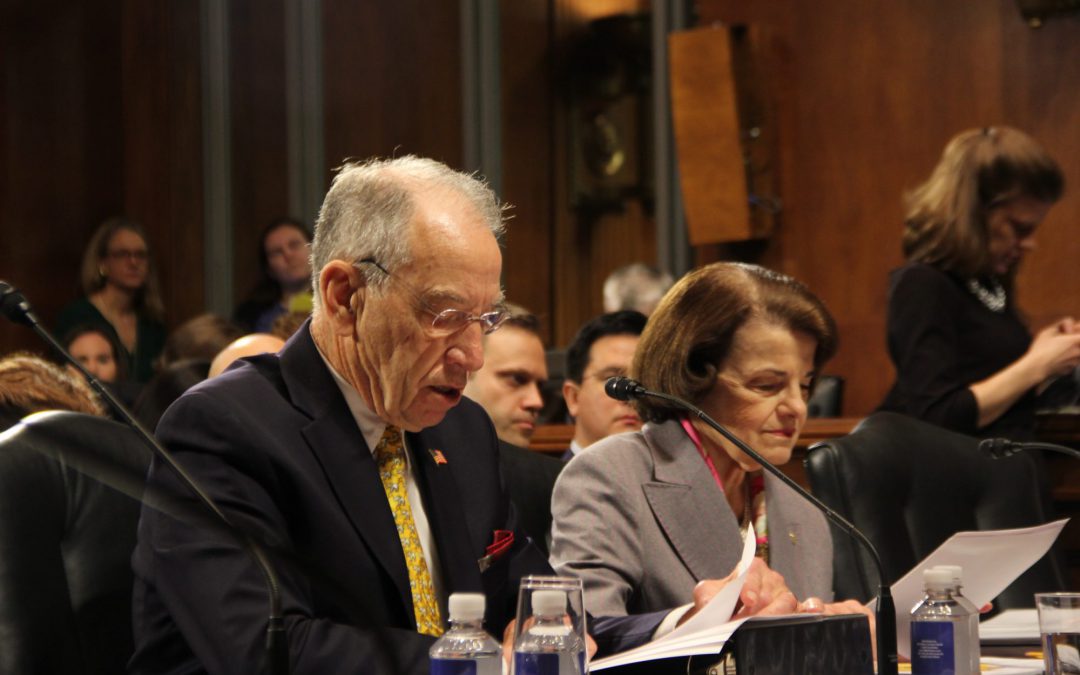WASHINGTON – Changes made to the Freedom of Information Act in 2016 to make government documents more accessible have still not been fully implemented by most agencies surveyed, according to a Government Accountability Office audit released Tuesday.
The GAO, the nonpartisan watchdog arm of Congress, reviewed 18 agencies on six requirements of FOIA and found that 13 had not published and updated their FOIA regulations, six had not designated chief FOIA officers and three had not provided online access to government information.
Only three requirements had been implemented by all of the agencies. All 18 now provide training to FOIA personnel, updated response letters and tracking systems for FOIA requests.
The FOIA Improvement Act of 2016 creates a “FOIA Council” and codifies a Justice Department’s policy under which the agency would deny FOIA requests for documents that officials believe will cause “foreseeable harm.”
Agencies reviewed by GAO had varying sizes of FOIA request backlogs, but the agencies with the greatest number of backlogs were often the ones receiving the most requests. GAO also found that the agencies with the largest request backlogs did not have substantial plans to reduce the backlogs.
“If you really want to fix FOIA, you’ve got to get executives at these departments and agencies engaged with the right metrics, and that’s what drives change more than anything, because they put the right people in charge at the right levels to get things done,” said David Powner, director of the GAO’s Information Technology Management Issues during a Senate Judiciary Committee hearing Tuesday.
An Associated Press report published Monday found that the federal government issued more FOIA denials and redactions last year than it had in the past decade. Melanie Ann Pustay, director of the Office of Information Policy at the DOJ, said the increase was likely due to an overall hike in FOIA requests.
Julian Sanchez, senior fellow at the libertarian Cato Institute, said in an interview that Edward Snowden’s release of National Security Agency documents in 2013 made U.S. intelligence agencies more cautious about handling of information.
Federal agencies have a tendency to overclassify government documents, Sanchez said, because it is possible to parse lines together to infer details that would otherwise be censored. He added that officials are unlikely to be fired for over-censoring while they would be for accidentally revealing state secrets.
Senate Judiciary Committee chairman Sen. Chuck Grassley raised concerns that agencies in both the Obama and Trump administrations have hurt government transparency by violating FOIA regulations, including using personal emails to conduct official business.
“When I hear any administration make promises to improve transparency, we learn to take it with a grain of salt,” he said.
The 2016 update included a provision that federal agencies are not required to publish a document released under FOIA until three requests have been completed. Sen. Patrick Leahy, D-Vt., said documents should be made available to the public after one request.
“I would think that—posting a document that somebody’s requested—everybody has accessibility to it, but apparently it’s not that easy,” Leahy said.


